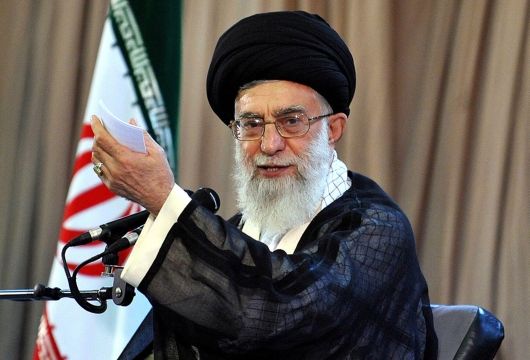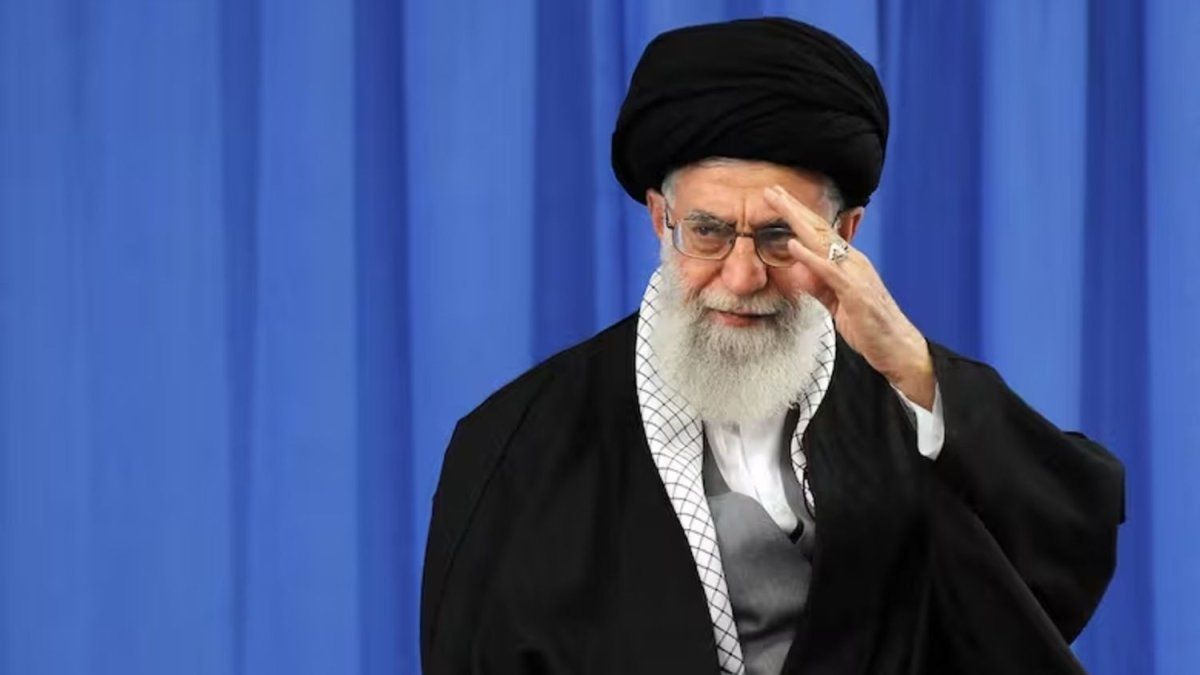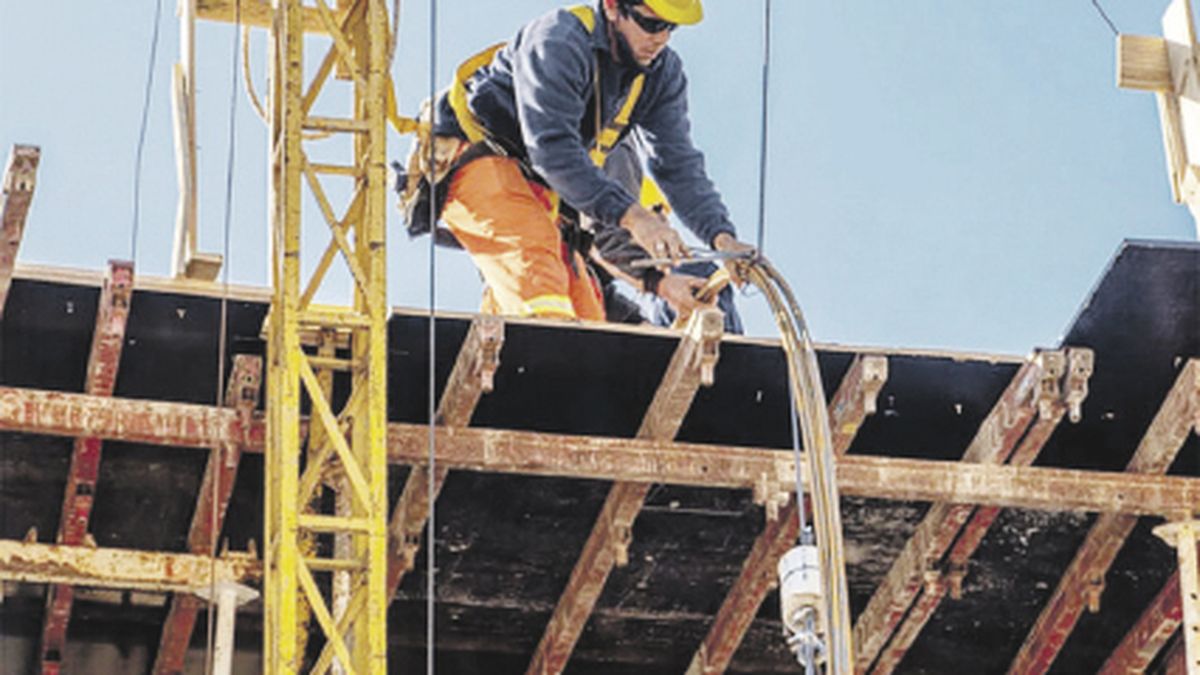The Islamic Republic of Iran threatened the Government to carry out “legal and political” measures “ after Special Prosecutor of the Amia Cause – In charge of Sebastián Lorenzo Basso and Julio Gonzalo Miranda – asked for the International capture of the supreme leader of the Asian country, Ali Khamenei, aimed as one of the main responsible for the attack suffered by Argentina on Juliio 18 of 1994. From Tehran they assured that the measure “violates the fundamental principles and norms of international law related to respect for sovereign equality and the political independence of states. “
Iran’s response to the request for capturing his highest authority
After the request of the prosecutors in charge of the special unit investigating the Cause AMIA, Iran – through the Director General of Affairs of America of the Iranian Foreign Ministry, Isa Kameli – summoned the Argentine head of Business, Mariano Jordan, to deliver a note where they condemned the petition and threatened to initiate legal actions.
From Tehran they said that the measure feels a “preceding worrying“In reference to international relations between countries, in addition to “Violate the fundamental principles and norms of international law.”
AMIA FILE ABITO 7
The attack left a balance of 85 people dead.
Mario Mosca Gonzalez Martínez
In detail, Rafecas considers Khameni as the head of the terrorist attack against the Jewish mutual in 1994, which caused the death of 85 people and left a balance of more than 300 injured. For their part, Iran considers that the accusations against their leader are “unfounded” and accuse that “the case is politicized by the influence of elements affiliated with the Zionist regime.” In that sense, He warned the Government to “correct the way” or face “legal and political consequences.”
“The Islamic Republic of Iran reserves its legitimate right to take the necessary and appropriate measures in accordance with international law To protect Iran’s rights and interests, “said the statement. It should be remembered that Khamenei had already been mentioned in the opinions of prosecutor Alberto Nisman, but but A arrest warrant was never issued because he enjoys immunity as head of state.
Who is Ali Khamenei
Born and raised within a deeply religious family, Ali Khamenei He grew up under the influence of his father, Seyyed Javad Khamenei, A respected but limited resources. His religious formation began from a young age: He studied the Qur’an and Islamic literaturelaying the foundations of what would later be his career within the Shiite clergy.
In this way, Khamenei formally initiated his clerical education, with studies that linked him to high prestigious religious centers such as Mashhad, Najaf and Qom. During that period, He became a disciple of the influential Ayatolá Ruhollah Jomeiní, a central figure in the Islamic Revolution of 1979.
One of the aspects that gave the most weight inside the Iranian theocratic framework was his lineage. The Khamenei family belongs to the Sayyids who, according to the Shiite tradition, are direct descendants of the Muhammad prophet through the fourth magnet, Ali Ibn Husayn Zayn al-Abidin.
A non -Iranian businessman who frequently traveled to Tehran told US diplomats that one of his contacts, former president Ali Akbar Rafsanjani told him that Supreme leader Ali Khamenei had terminal leukemia and could die in a few month

Ali Khamenei has been as a leader of Iran for 36 years.
This inheritance, identified as “Sadat-E Hosseini”, gives it additional religious prestige in the structure of Iranian power, where spiritual legitimacy is as important as politics.
Once he managed to settle in power in 1989, Khamenei printed his seal in Iranian foreign policy with a Posture decidedly facing the West. Under their leadership, IR will reinforced their support for radicalized Islam groups and expanded the role of the supreme leader’s officetransforming it into a kind of parallel administration that coexists with the formal government.
On the other hand, he also gave greater prominence to the body of Guardians of the Islamic Revolutiona force that increased its influence both in the military scope as in the internal politician.
In the midst of growing tensions with the United States – participating from the return of Donald Trump to the Blanc Casato-, the supreme leader reaffirmed his position in favor of the Nuclear Armament Development. He did it despite international pressure and Washington’s demands to meet the agreements that restrict Iran’s atomic military advance.
However, in recent years, Khamenei’s state of health became the issue of speculation. According to The Guardian, Iran’s leader faces a Prostate cancer that deteriorated his physical condition, although so far he did not prevent him from exercising his functions. In this context, the unknowns about their succession began to gain ground.
The name that resonates the most possible heir is that of Mojtaba Khamenei, his second child. With a key role in the supreme leader’s office, he is considered not only a narrow collaborator, but Also the guardian of his father’s legacy, thanks to his closeness and growing influence on the circles of power.
Source: Ambito




